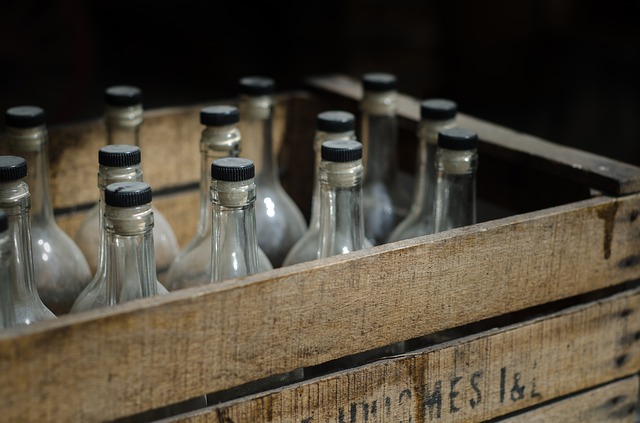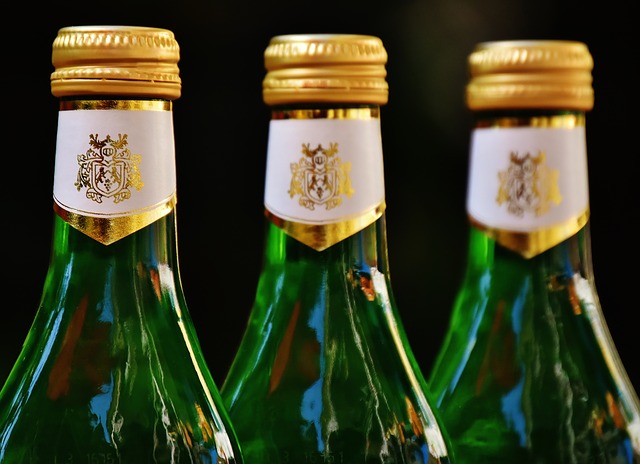How much alcohol can you bring into Canada?

The amount of alcohol that is allowed bring into Canada is:
- 1.5 liters or fifty point seven ounces of wine as well as wine coolers above 0.5 % alcohol. This is equal to fifty-three fluid ounces or two seven hundred and fifty-milliliter bottles of wine.
- 1.14 liters which is equal to thirty-eight point five ounces of liquor which is also equal to forty ounces of fluid or one huge standard liquor bottle.
- A maximum of eight point five liters of beer or also as well as beer coolers with above 0.5 % alcohol. This is equal to 287.4 ounces of fluid in the US or approximately 24 cans or bottles (12.004 US ounces of fluid or 335ml each).
In accordance with the Border Services Agency of Canada, the quantities of beverages containing alcohol one can import needs to be within the limits set by provincial as well as territorial controlling authorities of liquor that determine where you will enter in Canada.
If the alcohol amount you desire to import surpasses your personal immunity, you are required to pay duty as well as taxes including any provincial or territorial charges applicable. For Canadians going back home after staying in the USA, the quantity of personal immunity depends on the time the person has been out of the country; the highest immunity accumulates after 48 hours plus stay.
The amount of duty-free alcohol allowed in Canada

When you are a visiting Canada, you are permitted to bring a small amount of alcohol (liquor, beer, wine or coolers) inside the country minus paying duty or levies as long as:
- You have the alcohol with you.
- You meet the minimum legal age of drinking for the province or also the territory in which you enter Canada. The legal age for buying and consuming alcohol is 19 years in New Brunswick, Newfoundland, British Columbia, Labrador, Nunavut, Nova Scotia, Northwest areas, Saskatchewan, Ontario, PEI and Yukon and 18 years in Manitoba, Quebec, and Alberta as well.
Tips for sailing across the procedure

Alcoholic beverages are defined as products exceeding 0.5 % alcohol by capacity. Some alcoholic as well as wine products like some cooler do not go above 0.5 % in capacity and hence are not thought of as alcoholic beverages.
If you exceed your personal immunity, you are required to pay levies for the full amount.
Also, note that each personal immunity is per person and not per vehicle. One is not allowed to join your persona immunity with someone else or give them to someone else. Goods that come in for commercial use or for someone else do not meet the requirements under the personal immunity and are required to pay full duties for them.
Customs officials come up with the duties using the currency of the country you are entering.
Recommended for you to read: “How to apply for Canadian visa eTA”
What happens once you exceed the allowance of duty-free alcohol?

Excluding the Northwest regions and Nunavut, when you visit Canada and you come with more than the personal immunity of listed above, you will be required to pay levies and provincial or territory assessments. The quantity you are permitted to bring into Canada is also restricted by the province or territory in which you arrive in Canada.
High prices of alcohol in Canada tempt importers

There is a movement to motivate reduction of consumption rates by increasing or keeping the general alcohol price through interventions like taxes and indexing prices to increase. This mode of pricing, in accordance with the Center on Substance Abuse in Canada, would motivate production and consumption of lower power beverages containing alcohol. Coming up with minimal prices, the CCSA said it could get rid of economical sources of alcohol usually favored by adults (young) and other drinkers who are a high risk.
Visitors are usually tempted to enter Canada with large amounts of alcoholic beverages which they buy in the United States of America, which they sell for approximately half of the price of these drinks in Canada. However, if this occurs, the officer who is highly trained from the Border Services Agency of Canada will make sure that such goods will not enter Canada, and they will find them and the person caught with them will be assessed levies and charges for the whole quantity and not only the excess alcoholic beverages.
